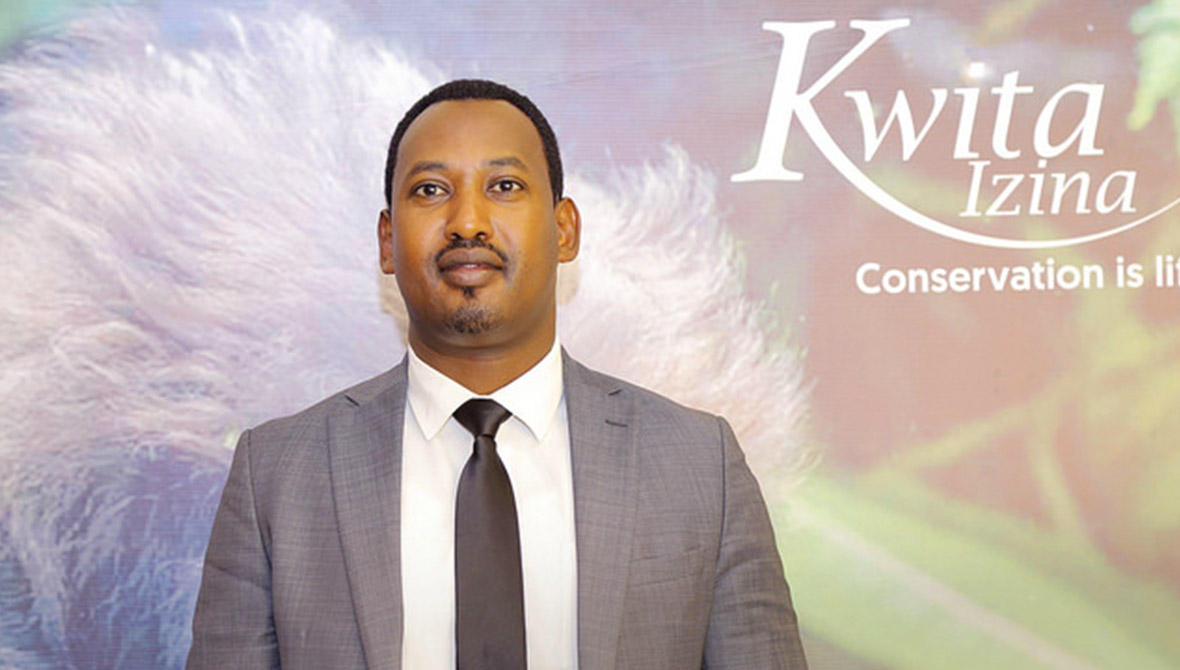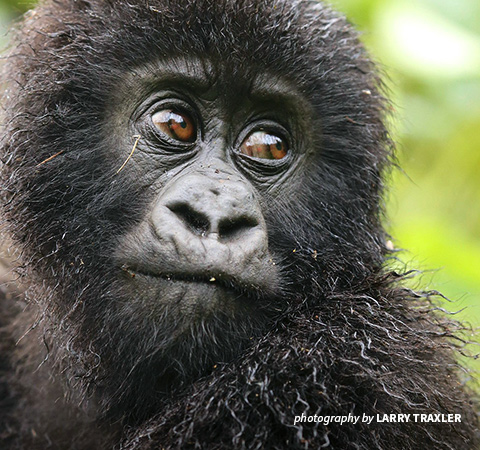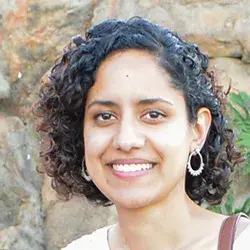Rwanda proves protected areas support sustainable development

Eugene Mutangana, the Rwandan Development Board's Conservation Management Expert, is a co-chair of the Africa Protected Area Directors forum
Before Eugene Mutangana joined the Rwandan Development Board as the head of conservation, he was the chief park warden at Akagera National Park. In 2010, he oversaw the signing of a park co-management agreement between the Government of Rwanda and African Parks and served as the deputy park manager and head of law enforcement. As a result, tourism revenues skyrocketed, park infrastructure improved, and lions and rhinos were reintroduced to the protected area in eastern Rwanda.
Since 2020, Mutangana has co-chaired the Africa Protected Area Directors platform established by African Wildlife Foundation and the International Union for Conservation of Nature. In addition to facilitating park directors to collaborate and develop a common agenda for Africa’s protected areas, the platform helped the directors to align their interests for the inaugural Africa Protected Areas Congress in Kigali, Rwanda from July 18-23, 2022.
As conservationists from across the continent prepare to attend this historic Congress, Mutangana — now a conservation management expert at the Rwandan Development Board — sheds light on how continental collaboration can power conservation in Africa and why Rwanda is a fitting host of the Africa Protected Areas Congress.
Why is Rwanda committed to conservation?
Since the genocide against the Tutsis in 1994, Rwanda has striven to preserve its natural capital as a potential economic growth sector. Significant efforts have been invested politically, institutionally, and financially so our people can reap the benefits of conserving our ecosystems. These biodiverse landscapes are inseparable from human nature, and hence co-existence is paramount. Humans are fully dependent on essential goods and services from healthy ecosystems, such as food, clean water, disease regulation, climate regulation, spiritual fulfillment, and aesthetic enjoyment.
Rwanda approaches conservation as a way to safeguard our natural heritage for future generations while also contributing to the national economy. Apart from tourism — one of the key pillars of the national economy — carbon credit sales, conservation enterprise, and green investments are areas that greatly contribute to poverty reduction by creating employment opportunities and widening our tax base.
Why is it important to diversify conservation funding sources?
The COVID-19 pandemic pushed protected areas between a rock and a hard place. Across the continent, each protected area struggled because we all relied on a single source of revenue to fund wildlife management operations — tourism. In the absence of tourists due to the sudden shutdown of global travel, our national parks received little to no income.
Sadly, the pandemic is not the first crisis to impact protected areas in Africa, nor will it be the last. If we do not act now, the effects of COVID-19 on conservation funding will deepen, and we will hardly be able to contend with the next challenge. If Africa’s protected areas do not look at other sources of income, then conservation is going to have a problem, as will the national economies and livelihoods that depend on the tourism industry.
What is the mission of the Africa Protected Area Directors forum?
AWF and IUCN established APAD at the start of the pandemic, and it is the platform that will bring protected area top leadership together to address these challenges — starting with the immediate shocks of the pandemic and extending to the climate crisis.
In November 2021, we came together for the first in-person meeting in Nairobi, Kenya to discuss three key priorities — the formation of A Pan-African Conservation Trust to mobilize funds internally and externally; the setting up of processes to ease cooperation among protected area directors; and a mechanism for disaster risk reduction. At the Africa Protected Areas Congress, we seek to solidify these systems across the five African sub-regions.

Why is Rwanda hosting the Africa Protected Areas Congress?
APAC is the first meeting of its kind to take place on the African continent, engaging multiple stakeholders on the potential of protected areas as drivers of sustainable development. Rwanda’s protected area cover has been increasing steadily and now comprises 8.9 percent of the national territory; the number of national parks has passed from two in 2005 to four in 2016.
Through national efforts and a supported transboundary collaboration, the number of mountain gorillas in the Volcanoes National Park has significantly increased, and the once critically endangered species has been downlisted on the IUCN Red List. We are currently embarking on a park expansion plan, building on AWF’s historic donation of land to increase mountain gorilla habitat in 2018.
Protected area management in Rwanda is shifting to embed sustainable business models and public-private partnerships that form the foundation of economic growth. As the host of the first-ever APAC, we will share the rich experience and lead by these successful examples of African-led conservation.
